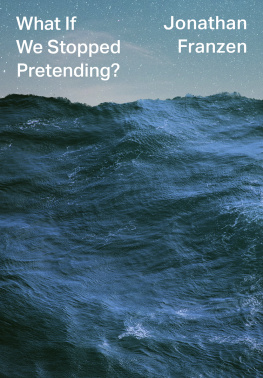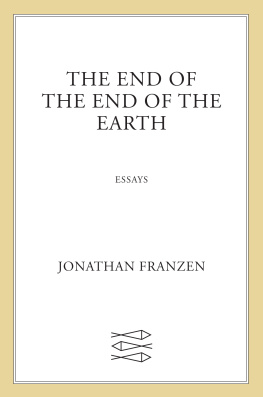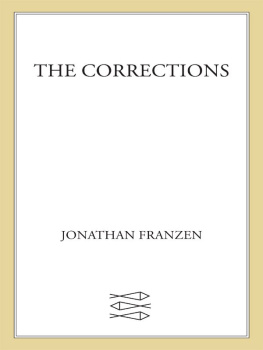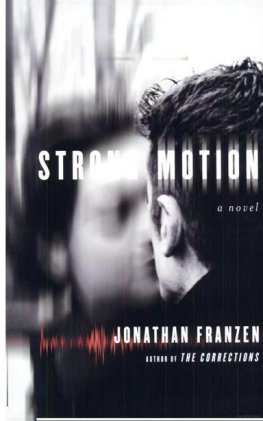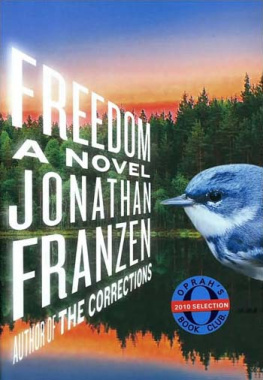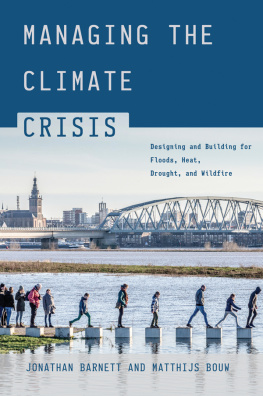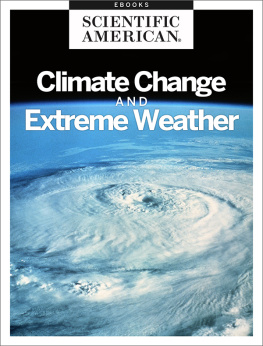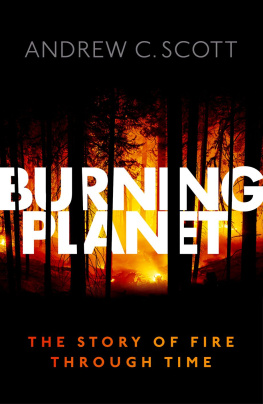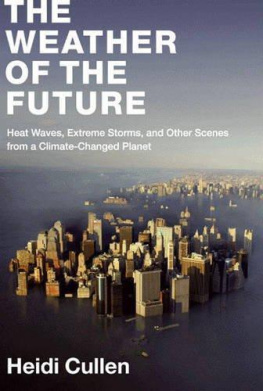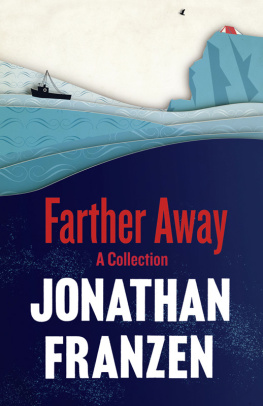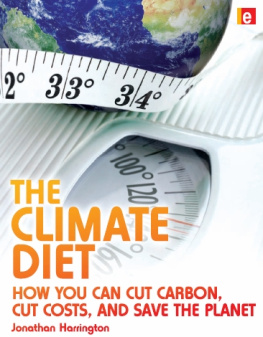4th Estate
An imprint of HarperCollinsPublishers
1 London Bridge Street
London SE1 9GF
www.4thEstate.co.uk
HarperCollinsPublishers
1st Floor, Watermarque Building, Ringsend Road
Dublin 4, Ireland
This eBook first published in Great Britain by 4th Estate in 2021
The essay What If We Stopped Pretending? first appeared in the New Yorker, 8 September 2019. The interview by Wieland Freund, The Game Is Over, was first published in Die Literarische Welt, 26 July 2019.
Copyright Jonathan Franzen 2021
Jonathan Franzen asserts the moral right to be identified as the author of this work
Cover design: Ellie Game
Cover images Shutterstock.com
A catalogue record for this book is available from the British Library
All rights reserved under International and Pan-American Copyright Conventions. By payment of the required fees, you have been granted the non-exclusive, non-transferable right to access and read the text of this e-book on screen. No part of this text may be reproduced, transmitted, down-loaded, decompiled, reverse engineered, or stored in or introduced into any information storage and retrieval system, in any form or by any means, whether electronic or mechanical, now known or hereinafter invented, without the express written permission of HarperCollins.
Source ISBN: 9780008434045
Ebook Edition January 2021 ISBN: 9780008434052
Version: 2021-01-07
NOVELS
Purity
Freedom
The Corrections
Strong Motion
The Twenty-Seventh City
NONFICTION
The End of the End of the Earth
Farther Away
The Discomfort Zone
How to Be Alone
The Kraus Project
On the third of June 2019, five months after the end of the driest year on record in Berlin and five months before the United States commenced its withdrawal from the Paris climate accord, I went out from Berlin to the little town of Jterbog with my friend Andreas Meissner, the director of the Brandenburg Wilderness Foundation. The weather was extremely hot, and we stopped in town for a late lunch before venturing into the core area of the foundations reserve at Jterboga splendid expanse of regenerating forest that is home to wolves and otters and a number of breeding birds, such as nightjar and hoopoe, that are rare in northern Germany. Our plan was to spend the late afternoon and evening birdwatching.
As we entered the reserve, on a sandy track, we saw an angry column of smoke rising from the conifers ahead of us. Andreas got on the phone and learned that two trucks from the local fire department were already on the scene. We speeded farther down the track and came to a wide strip of land that the reserve managers had cleared as a fire break. The air temperature was nearly forty degrees. A strong, dry wind from the south was propelling the fire directly toward the fire trucks, which had stopped on the northern side of the break. Joining the firefighters, Andreas and I watched the black smoke billow toward us. Trees farther back in the forest were exploding into flame, their green boughs becoming wholly orange in the blink of an eye. At the last moment before the fire reached the break, I saw a woodlark shoot out from the woods and veer into the clearing, very probably abandoning her nest. Although the smoke and the heat were intense, the scariest thing was how fast the fire was moving. While Andreas and the firefighters and I retreated to a safer vantage point, the flames leaped right over the break and into the pine woods to the north.
There is very little wild forest left in northern Germany. By the time the Jterbog fire was contained and extinguished, six hot days later, nearly 750 hectares had burned. Id come to Berlin to talk about climate change and conservationto argue that we shouldnt be so preoccupied with climate that we neglect the equally acute global crisis in biodiversitybut I found that the inferno Id witnessed had complicated my argument. Although the fire couldnt be definitively attributed to climate change, the severity of the drought in Germany in 2018 and the intensity of the summer heat in 2019 were clearly harbingers of future calamities. Id understood that our future is dark, but not until I saw those trees bursting into flame, saw how powerless the firefighters and the reserve managers were to contain the forces of nature, did I emotionally grasp how fast the calamities are approaching. The image that stayed with me was the speed.
When I returned home to California, whose wildfire problem is far more grievous than Germanys, I found that I needed to try again to write about climate change. With the image of the fires speed fresh in mind, I needed to come to terms with the possibility that climate apocalypse would occur in my own lifetime. Id written and spoken about the subject repeatedly in recent years, without feeling that my message had been understood, and I wanted to produce a concise summary of that message, necessarily darkened by what Id experienced in Jterbog.
Climate change had been on my radar for three decades. In 1992, I attended a lecture by a pair of plant physiologists who were hoping to reengineer the chlorophyll molecule and genetically implant it in food crops, to increase the efficiency of photosynthesis and make the crops more tolerant of drought, and in the course of their lecture they laid out a long and compelling story of the Earths atmospheric carbon. Some years later, I borrowed and retold their story in a novel, The Corrections, and I enjoyed alarming my friends in New York with dire talk of global warming, but it wasnt until I fell in love with birds that I gave more sustained thought to it. The problem, for me, was partly that wild bird populations were likely to suffer as the planet warmed. But as I began to involve myself directly in bird conservation, I became aware of a different kind of problem: the environmental movement, which had formerly championed wild animals and plants, and had fought to preserve their habitat, had now been almost wholly captured by the issue of climate change. The major environmental groups were devoting most of their energy and resources to a single issue, on the theory that if we dont stop climate change, nothing else will matter.
This emphasis had made sense in the 1990s, when there seemed to be a good chance that the world would take collective action to curtail carbon emissions. By 2015, however, it was clear to me that collective action had failed and would continue to fail. Meanwhile, what remained of the natural world was in worse trouble than ever, as every nation pursued economic growth at natures expense, and I felt frustrated, as a bird lover, that the public environmental conversation continued to be so dominated by climate. Since this discourse seemed increasingly futile, I thought we should pay more attention to the natural world, where there were still meaningful and effective actions to be taken on its behalf.
The essay I published on the subject, in the New Yorker, was greeted by a flood of public hostility from the climate establishment and a trickle of gratitude from conservationists. I was heartened by the gratitude, but I came to feel that Id invited the hostility by writing in a somewhat polemical tone. And so, in 2017, I wrote a second essay, adopting a more gentle and ironic approach, and published it in the

